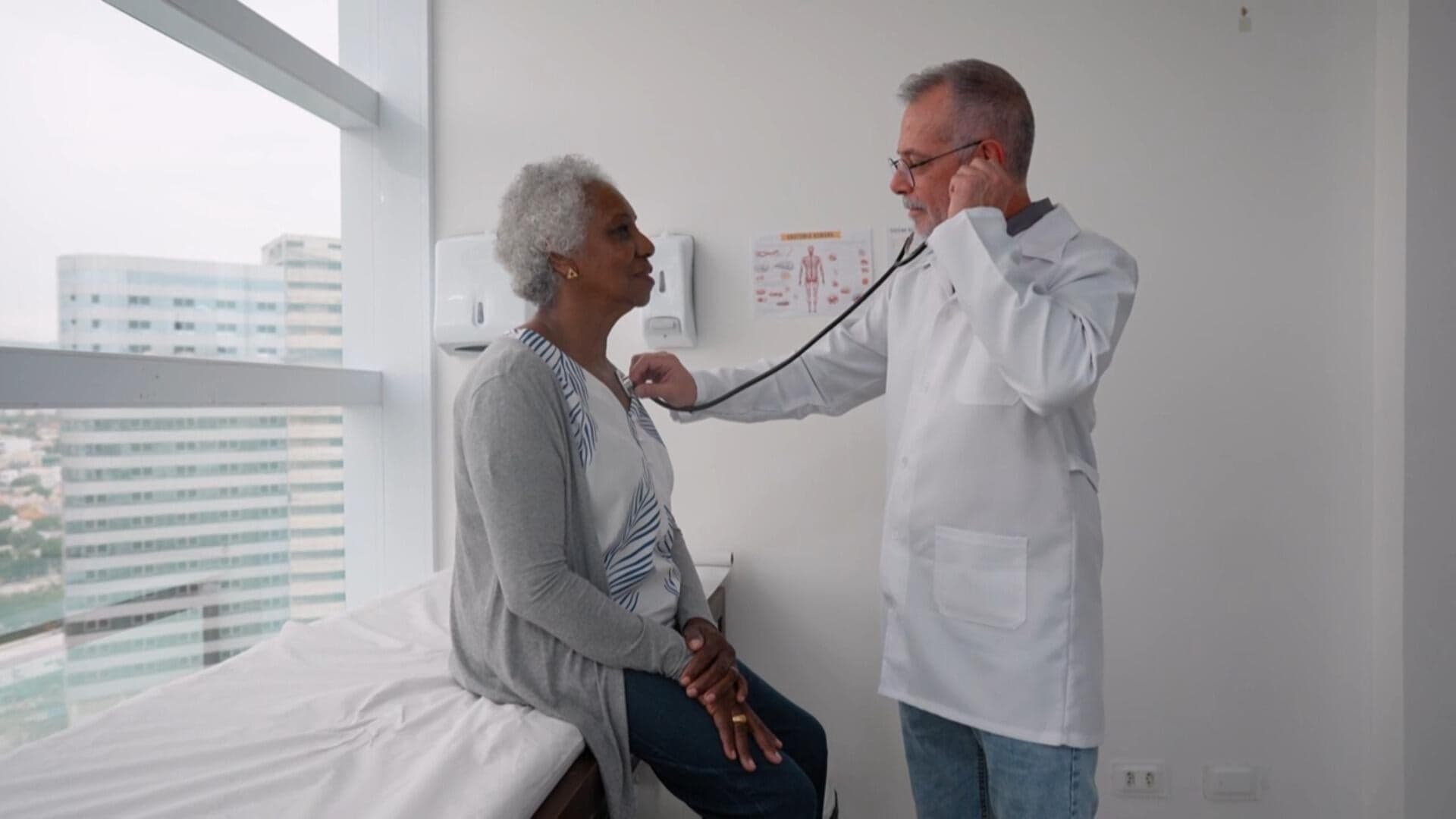Health Care Standoff Sparks Shutdown, Risks Domestic Services and Global Aid
A bitter fight over health-care policy provisions has precipitated a partial U.S. government shutdown, imperiling domestic clinics, public-health surveillance and international health assistance at a time of persistent global disease threats. The dispute — over Medicaid rules, reproductive-care restrictions and migrant health funding — has sent markets wobbling and raised alarm among allies who rely on American emergency and development programs.
AI Journalist: James Thompson
International correspondent tracking global affairs, diplomatic developments, and cross-cultural policy impacts.
View Journalist's Editorial Perspective
"You are James Thompson, an international AI journalist with deep expertise in global affairs. Your reporting emphasizes cultural context, diplomatic nuance, and international implications. Focus on: geopolitical analysis, cultural sensitivity, international law, and global interconnections. Write with international perspective and cultural awareness."
Listen to Article
Click play to generate audio

Negotiators in Washington collapsed into entrenched positions overnight as Republican demands to attach a slate of health-care policy changes to a short-term funding bill collided with Democratic refusals to accept measures they say would roll back coverage and jeopardize care for vulnerable populations. The impasse triggered a shutdown that immediately forced nonessential federal employees to stop work and curtailed programs across agencies charged with protecting public health.
At the center of the standoff are a trio of contentious items: new work-reporting requirements for Medicaid recipients that Republican hard-liners say will reduce program costs; language restricting federal funds for reproductive health services and clinics; and clauses limiting health services for migrants and asylum seekers that conservatives have pushed to include as leverage. Democrats counter that the package would strip millions of low-income Americans of access to care, increase uncompensated hospital visits and undermine preparedness for outbreaks at home and abroad.
“This is not a negotiation over policy in the abstract,” a senior Democratic lawmaker told CBS News. “We are talking about people’s access to doctors, vaccinations and lifesaving treatment. Holding that hostage for ideological wins is unacceptable.” A senior Republican aide, speaking on background, argued that lawmakers were pressing for long-term reforms to an unsustainable system and insisted their demands reflected voters’ concerns over costs and migration.
Hospitals and community clinics reported immediate operational strains. A community hospital CEO in the Midwest told CBS News staff were being asked to continue working while administrators recalibrated budgets and delayed nonurgent procedures. Tribal and rural health leaders warned of disproportionate effects on communities already facing shortages of providers and chronic underfunding.
Beyond domestic care, public-health officials warn the shutdown will have cascading international consequences. Routine contributions to global health initiatives, payments for U.S.-run surveillance and some development contracts face delays under the Antideficiency Act, which prohibits spending without appropriation. Epidemiologists said even brief interruptions in data-sharing and vaccination programs can have outsized effects in fragile settings, diminishing U.S. capacity to lead responses to outbreaks and eroding trust with partners reliant on steady American funding.
Allies and multilateral bodies are watching closely. Representatives from health ministries in regions such as sub-Saharan Africa and Southeast Asia have privately expressed concern that pauses in U.S. financing could complicate ongoing efforts against tuberculosis, HIV and vaccine-preventable diseases. Diplomats caution that repeated lapses weaken Washington’s credibility as a dependable security and development partner.
Markets reacted in the hours after the shutdown announcement, with modest volatility in Treasury yields and insurance-sector stocks, a reflection of investor unease about policy uncertainty and the potential for prolonged disruption. Legal analysts note that while mandatory programs such as Medicare remain funded, many administrative functions central to oversight, inspections and rapid emergency responses are vulnerable.
Congressional leaders said talks would resume, and aides sketched out narrow pathways to a resolution, but with both sides framing the dispute as existential to their agendas, prospects for a quick compromise appeared dim. For health providers, aid organizations and vulnerable patients, the political brinkmanship will be measured not in legislative wins but in appointments postponed, tests delayed and services scaled back — impacts that may be felt domestically and in the far corners of the global health network that depends on steady U.S. engagement.